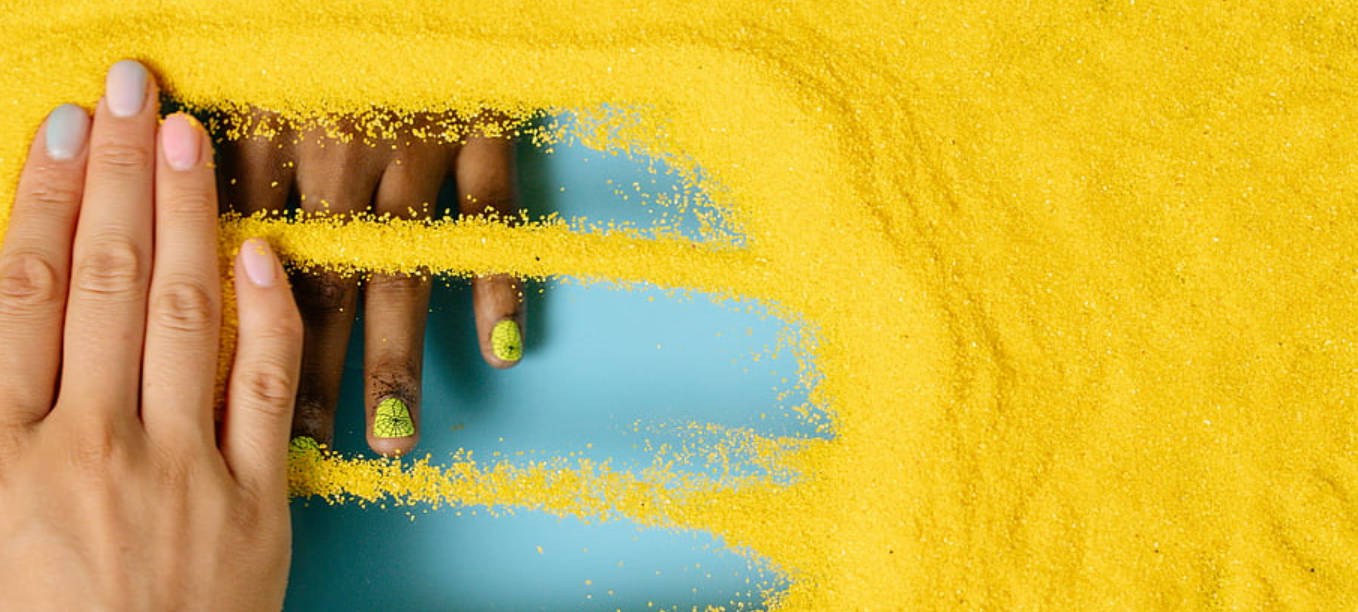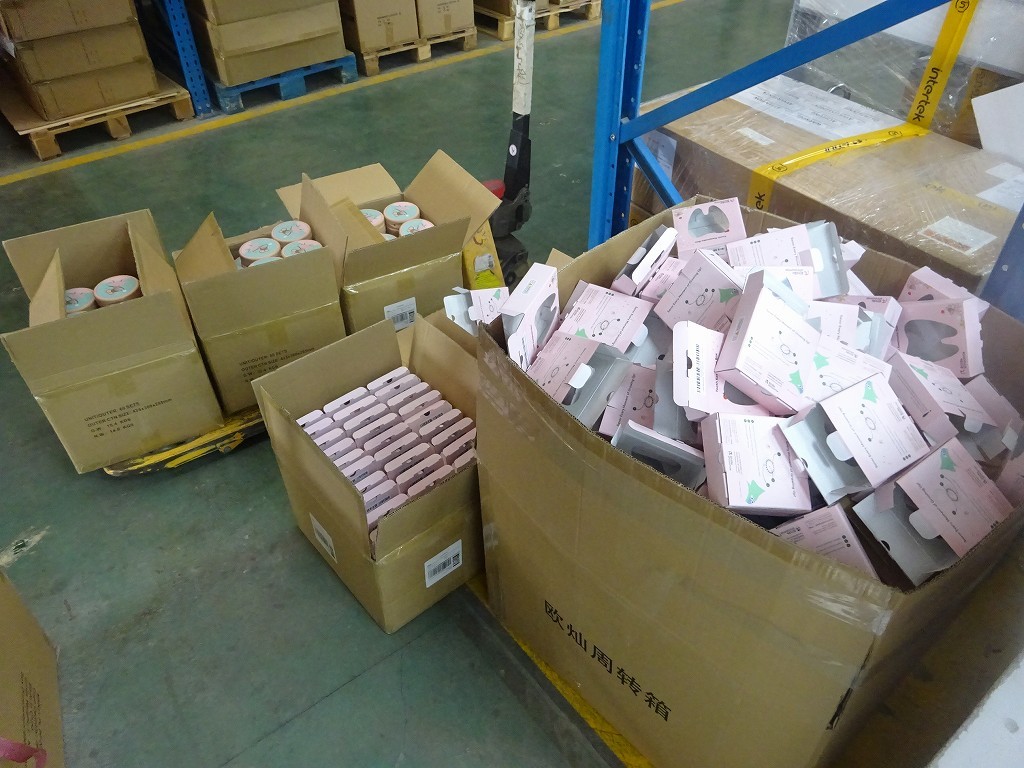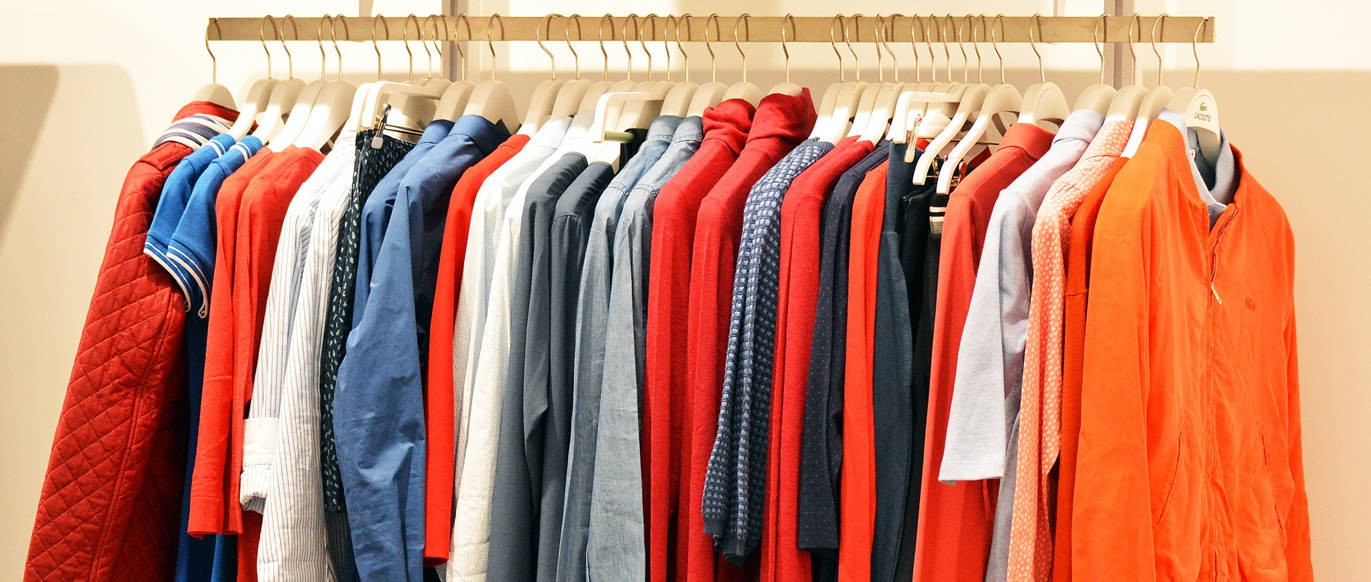In the global manufacturing industry, China plays a crucial role as one of the world’s largest manufacturing bases. However, as global market demands for product quality and compliance continue to rise, inspecting and controlling the quality of products manufactured in China has become increasingly important and complex.
NBNQC is a specialized third-party inspection company dedicated to addressing this challenge. We offer product inspection and supplier auditing services across all regions of China, helping you effectively manage your supply chain and ensuring that each order meets quality requirements and safety standards.
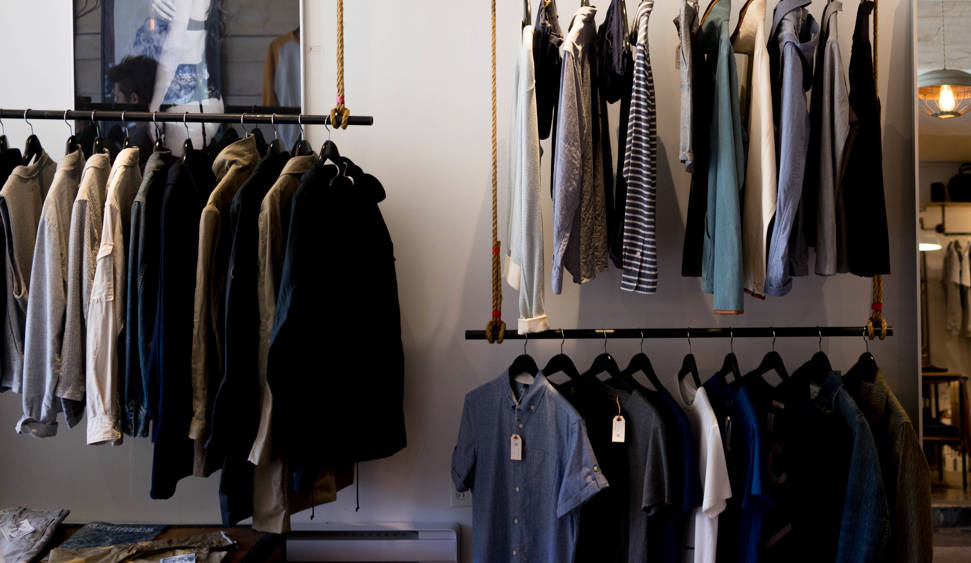
Contents
- 1 What kinds of product inspection services can we provide?
- 2 What product categories does our product inspection cover?
- 3 Our product inspection service offers several advantages:
- 4 Reference Our Product Inspection Report
- 5 How to Get Started with Our Product Inspection Service?
- 6 How to Reduce Product Inspection Costs in China
- 7 Five Common Mistakes Foreign Buyers Make When Conducting Product Inspections in China
What kinds of product inspection services can we provide?
NBNQC offers comprehensive product inspection services tailored to your needs. We can conduct quality control and inspections at any stage of production without disrupting factory operations. Our goal is to promptly address issues and ensure consistent quality and compliance throughout the manufacturing process.
your expectations
Solutions
- My product is in the initial production stage, and I want to verify the product quality to ensure consistency and minimize risks of wasted time, scrap products, rework, and shipping delays due to quality issues.
- I am working with a new supplier or using new materials and want to ensure quality requirements are met.
- Our product demands high quality and requires quality tracking from the source.
- Previous production processes encountered quality issues, and I want to ensure a flawless outcome this time.
Early quality assessment of production samples, raw materials, and production conditions.
- In the mass production stage, I want to ensure the product quality and specifications meet our requirements.
- I want to avoid production delays due to quality and compliance issues.
- We have recently made significant changes to the product, and I want to confirm the factory is producing orders according to the new requirements.
- According to convention, it is customary to track production progress and inspect product quality and compliance during mid-production.
Ensure products meet all quality standards during the production process and track production progress.
- Production is completed, but I want to confirm if the quality meets requirements before shipment.
- I want to assess the quality of this batch to make an informed decision on accepting the shipment, while avoiding disputes with suppliers or customers over product quality.
- I hope to have data and quality reports as tools for continuous quality improvement.
- Pre-shipment inspection is a critical process as part of our trade terms with the supplier.
Random inspection of the entire batch of goods, and decision based on AQL: accept, reject, or pending.
- The value of the goods is high, and conducting a full inspection to ensure 100% compliance is cost-effective for me.
- We have high-quality requirements for this batch and must achieve expected quality through full inspection.
- After multiple failed sampling inspections, full inspection is necessary to meet expected quality.
- To avoid additional losses from customer returns and protect our brand image.
100% inspection on the entire batch of goods, segregate all defective products, to achieve zero-defect delivery.
- I want to ensure correct products and quantities before shipment.
- I want to ensure they use containers in optimal condition and that goods are properly loaded for safe delivery to the destination.
Ensure the accurate products and quantities are shipped, avoid trade disputes.
What product categories does our product inspection cover?
Our product inspection services at NBNQC cover a wide range of industrial products, including but not limited to the following areas:
- Textiles and Footwear: Encompassing various textiles (such as clothing, fabrics, home textiles) and footwear products, we conduct fabric composition testing, seam quality checks, size compliance testing, and colorfastness testing to ensure products meet quality standards and client requirements.
- Electronics and Appliances: Including mobile phones, computers, household appliances, digital products, etc., we perform visual inspections, functional testing, and safety evaluations to ensure product quality and performance standards are met.
- Furniture: Covering furniture and household goods, we conduct structural stability testing, material quality assessments, and safety checks to ensure compliance with relevant standards and safety requirements.
- Toys: Testing for safety and durability to ensure compliance with children’s toy safety standards and protect children’s health and safety.
- Consumer Goods: Encompassing various consumer goods such as kitchenware, home goods, personal care products, etc., we conduct assessments for material safety, functionality, and durability to ensure product quality and reliability.
- Mechanical Parts: Our mechanical experts can perform dimensional measurements, performance testing, and visual inspections on any mechanical parts to ensure they meet blueprint requirements.
- Machinery and Equipment: Conducting performance testing, functionality verification, and durability testing on various machinery and industrial products to ensure stable and safe operation.
Our product inspection and quality control services are dedicated to helping clients ensure product quality, compliance with standards and regulations, and enhance market competitiveness and consumer trust. Regardless of your product category, we can provide professional inspection services to ensure your products meet expected quality standards.
Our product inspection service offers several advantages:
- Inspection fees start at $198 per Man-day and can be conducted anywhere in China, inclusive of all expenses such as travel and meals. Additionally, inspections during holidays incur no extra charges.
- We dispatch the most suitable inspector to your designated factory within 36 hours of receiving the booking. In most cases, if a booking is received by noon or afternoon the day before, the inspector will arrive at the factory the next morning.
- Inspection reports are submitted within 18 hours after completion of the on-site inspection. Typically, we can review and send the inspection report to you on the same evening (China time) of the inspection day, no later than noon the following day.
- If you need to cancel or reschedule the inspection, please contact us via email before 10 a.m. on the day before the inspection date, and there will be no charges incurred.
- We possess extensive expertise in product inspection and quality control, enabling us to deliver high-quality inspection services tailored to different product types.
- We provide personalized inspection solutions and services tailored to individual clients and product characteristics, including customized inspection procedures and reports.
These advantages highlight our commitment to efficient, flexible, and personalized product inspection services aimed at ensuring quality and meeting client needs effectively.
Reference Our Product Inspection Report
NBNQC’s product inspection reports are prepared based on various inspection procedures. For instance, a report for initial production inspection includes sample inspection, verification and testing, production process assessment, raw material evaluation, etc. Meanwhile, a during production inspection report covers production progress tracking, finished product AQL sampling inspection, and more. Below is an example of our pre-shipment inspection report for garments:
Download the Inspection Report
If you need further information or assistance, please feel free to contact us.
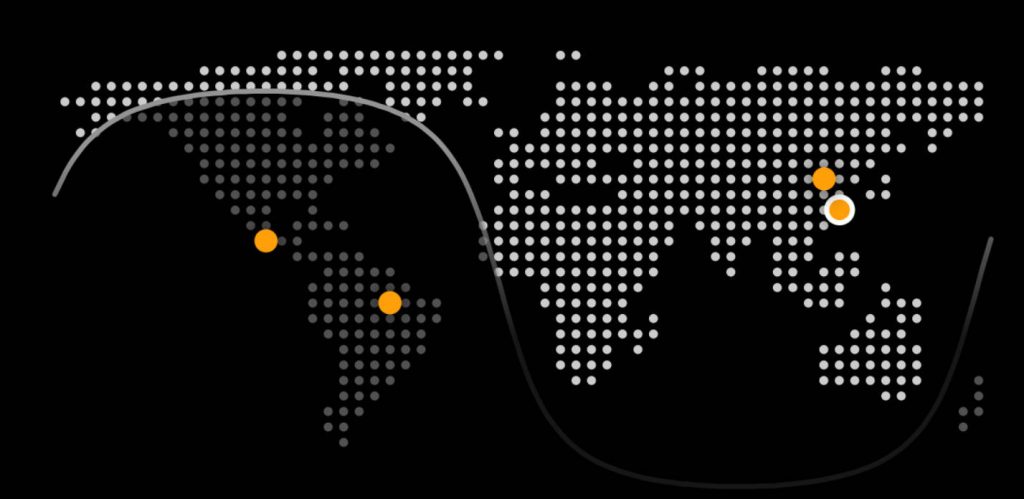
How to Get Started with Our Product Inspection Service?
Supplier Notification: We recommend that our clients notify suppliers at least 2 days in advance about the plan for a third-party inspection/audit.
Client Booking: To schedule our inspection/audit services, simply fill out the NBN Booking Form and email it to us at [email protected]. We will promptly reply with a confirmation email. Our inspectors will arrive at your designated factory within 36 hours.
Or Supplier Booking: It is also acceptable if the supplier sends us the booking form and CC the client in the email.
Payment: Upon booking acceptance, we will send you a proforma invoice via email. Payment is required before the inspection/audit date.
How to Reduce Product Inspection Costs in China
Reducing costs while maintaining quality is a key consideration for product inspections in China. Here are some effective strategies and suggestions that can help you achieve this balance:
Low-Cost Third-Party Inspection Companies: Choosing a cost-effective and reliable third-party inspection company can bring long-term benefits. While there may be some trial and error in selecting and working with different third parties, it is worthwhile. NBNQC is an excellent local third-party inspection service provider in China.
Select the Appropriate Inspection Frequency: Schedule inspections based on the complexity and quality requirements of the product. For low-risk products, you can reduce the inspection frequency, while high-risk products require stricter inspections.
Batch Inspections: Combine multiple orders or batches for a single concentrated inspection. This approach can spread out the inspection costs, reducing travel expenses and labor costs for the inspection agency.
Optimize Inspection Processes: Work with the inspection agency to optimize inspection processes and improve efficiency. Providing detailed inspection requirements and standards can reduce communication errors and repetitive work.
Long-Term Cooperation Agreements: Sign long-term cooperation agreements with inspection agencies to obtain discounted prices. Long-term relationships also improve the stability and consistency of inspections.
Train Internal Staff: Where feasible, train internal staff to perform preliminary inspections. This can reduce reliance on third-party inspections for certain stages, lowering overall inspection costs.
Utilize Technology: Employ remote video inspections, automated inspection equipment, and other technological solutions to reduce the need for on-site inspections. Remote inspections are particularly suitable for simpler inspection tasks.
Five Common Mistakes Foreign Buyers Make When Conducting Product Inspections in China
Foreign buyers often encounter several common mistakes when conducting product inspections in China. These mistakes can affect inspection effectiveness and lead to product quality issues. Here are the five most common mistakes foreign buyers make when executing product inspections in China:
1. Underestimating Cultural Differences
Foreign buyers often underestimate the impact of cultural differences between East and West on communication and collaboration. China’s business culture and working methods differ significantly from those in the West. If buyers ignore these differences, it may result in miscommunication and misunderstandings. Therefore, buyers should fully understand and respect Chinese business culture, adopting appropriate communication strategies to ensure smooth cooperation.
2. Over-reliance on Inspection Agencies
Some buyers believe that once they hire a third-party inspection agency, they can completely rely on them and neglect their own involvement and supervision. Buyers should recognize that even with a third-party inspection agency involved, active participation in the inspection process is necessary. This ensures that inspection standards and procedures are strictly followed, guaranteeing the accuracy of inspection results.
3. Neglecting Preliminary Research
Many foreign buyers do not conduct adequate preliminary research when selecting a third-party inspection agency, choosing based on price or recommendations alone. This approach may lead to the selection of an unsuitable inspection agency, affecting the inspection’s effectiveness. Buyers should conduct thorough market research, evaluating the qualifications, experience, and reputation of various inspection agencies to choose the most suitable partner.
4. Failing to Specify Inspection Standards
During the product inspection process, buyers often fail to clearly communicate their specific inspection standards and requirements, leading to unsatisfactory inspection results. Buyers should have detailed discussions with third-party inspection agencies before the inspection, clearly defining inspection standards, procedures, and requirements to ensure both parties agree on inspection goals and methods.
5. Ignoring Long-term Cooperation Relationships
Some buyers tend to frequently change inspection agencies in search of lower prices or different inspection results. However, ignoring the establishment of long-term stable cooperation relationships with inspection agencies may lead to inconsistent inspection quality. Buyers should value long-term cooperation with excellent inspection agencies. Through continuous collaboration, the inspection agency can gain a better understanding of the products and the buyer’s needs, thereby improving inspection effectiveness.
You Might Also Like
- Understanding Factory Audit Services In China
- Full Inspection In China
- Quality Inspection In China: Ensuring Product Excellence
- Quality Control In China
- Navigating Quality Control: Understanding Pre-Shipment Inspection In China
- Third-Party Inspection In China: A Comprehensive Overview
- Container loading supervision in China



